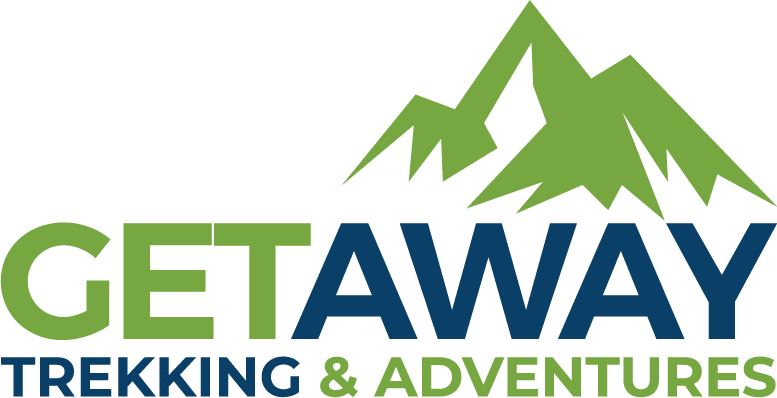Do not hesitate to give us a call. We are an expert team and we are happy to talk to you.
Freecall 1300 979 088
info@getawaytrekking.com
K’gari (formerly named Fraser Island) is the largest sand island in the world, containing a diverse range of features that are of exceptional natural beauty. We all know that you can 4wd it, but did you know that there are over 96kms of walking trails!
K’gari stretches over 123 kilometres in length and 22 kilometres at is widest point. It is a heritage-listed island located along the south-eastern coast in the Wide Bay-Burnett region, Queensland. The freshwater lakes on K’gari are some of the cleanest lakes in the world. The turquoise waters surrounding the island contain an abundance of sea life and depending on the time of year you may be able to see the Whales as they make their way down our beautiful coast
Hervey Bay
Arrive and check into hotel. Day at leisure, options include Whale watching (seasonal), walking along the esplanade, Wetside Water park, Turtle Discover tours, Art Galleries.
Private transfer in a 4WD to the K’gari Great Walk trail head at Dilli Village, the access point to begin the trek. Deposit overnight bags with support guide to be dropped at the first night’s camp. Begin the first 6.3km trek through spectacular forest to Lake Boomanjin. Once arrived enjoy the lake and packed lunch. After lunch continue trekking another 7.2km to Lake Benaroon where we are welcomed with cheese board, cold beer and wine, camp set up and dinner prepared.
A light breakfast in this peaceful environment and morning swim in the lake before embarking on our second day. Trek 7.5km, via Lake Birrabeen to Central Station, a great place to stop for lunch. After lunch, trek 6.6km to Lake McKenzie, via Basin Lake, where camp is set up and we can enjoy a peaceful afternoon swim and watch the sunset. Sip on a cool beer or glass of wine while enjoying your pre dinner nibbles. Our meal is ready prepared to cook up and enjoy under the stars around the camp table.
Early morning sunrise on the beautiful famous Lake McKenzie. Start the morning with a fresh swim before setting off on the 12km trek to Lake Wabby, where we enjoy a bush picnic lunch at the Lake Wabby lookout. Descend to the sand dunes and the sparkling emerald lake, where we can take a relaxing swim. Our final trekking is a short 2km walk to the Eastern Beach of K’gari where our 4WD transfer awaits. Transfer to the Kingfisher Barge landing and enjoy an afternoon drink at the Jetty Hut before boarding the barge to return to Hervey Bay! On our return we will join up for dinner (own cost) and celebrate our fabulous days trekking on K’gari.
Make your way to the Airport. (transfers not included)
